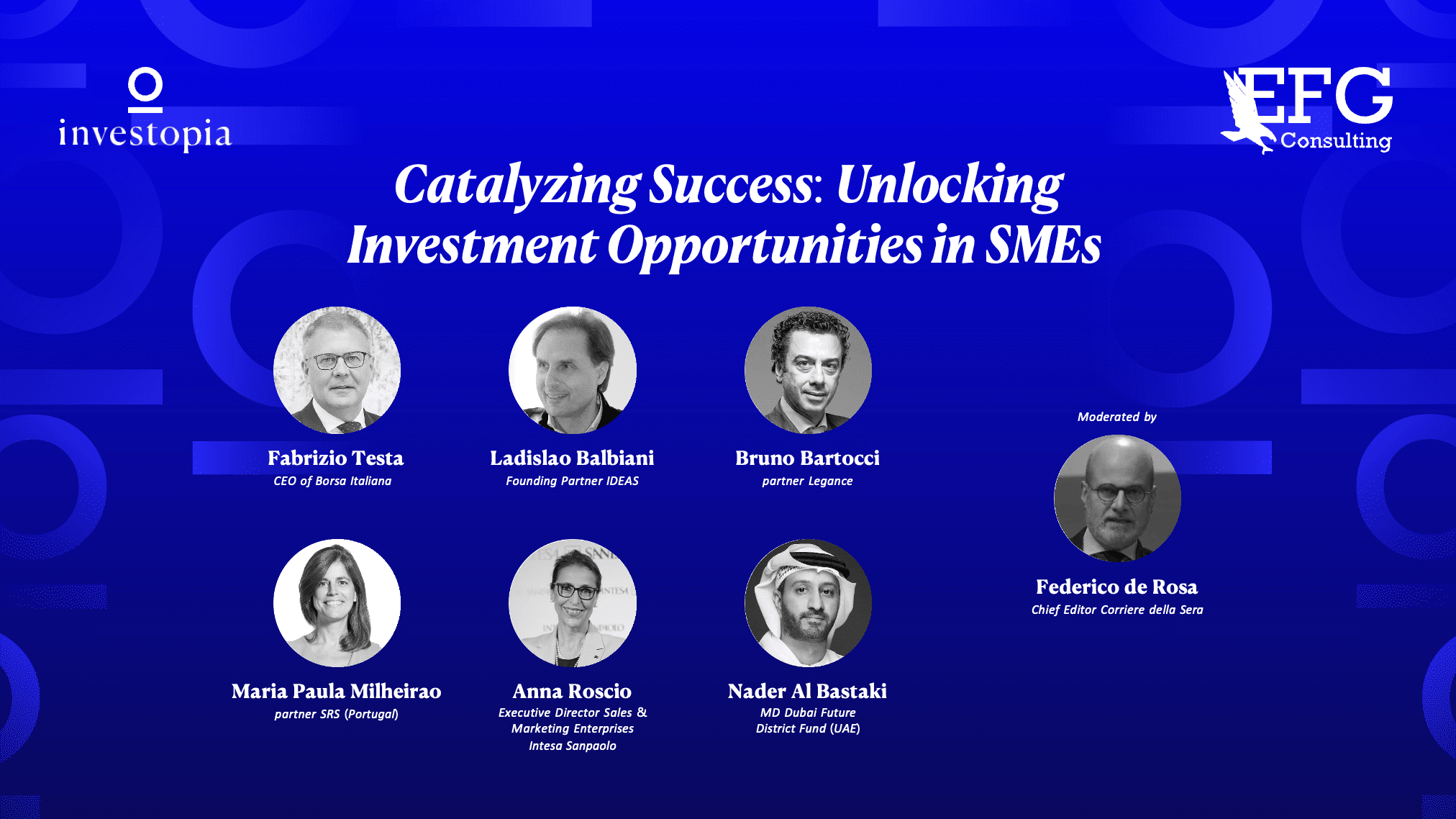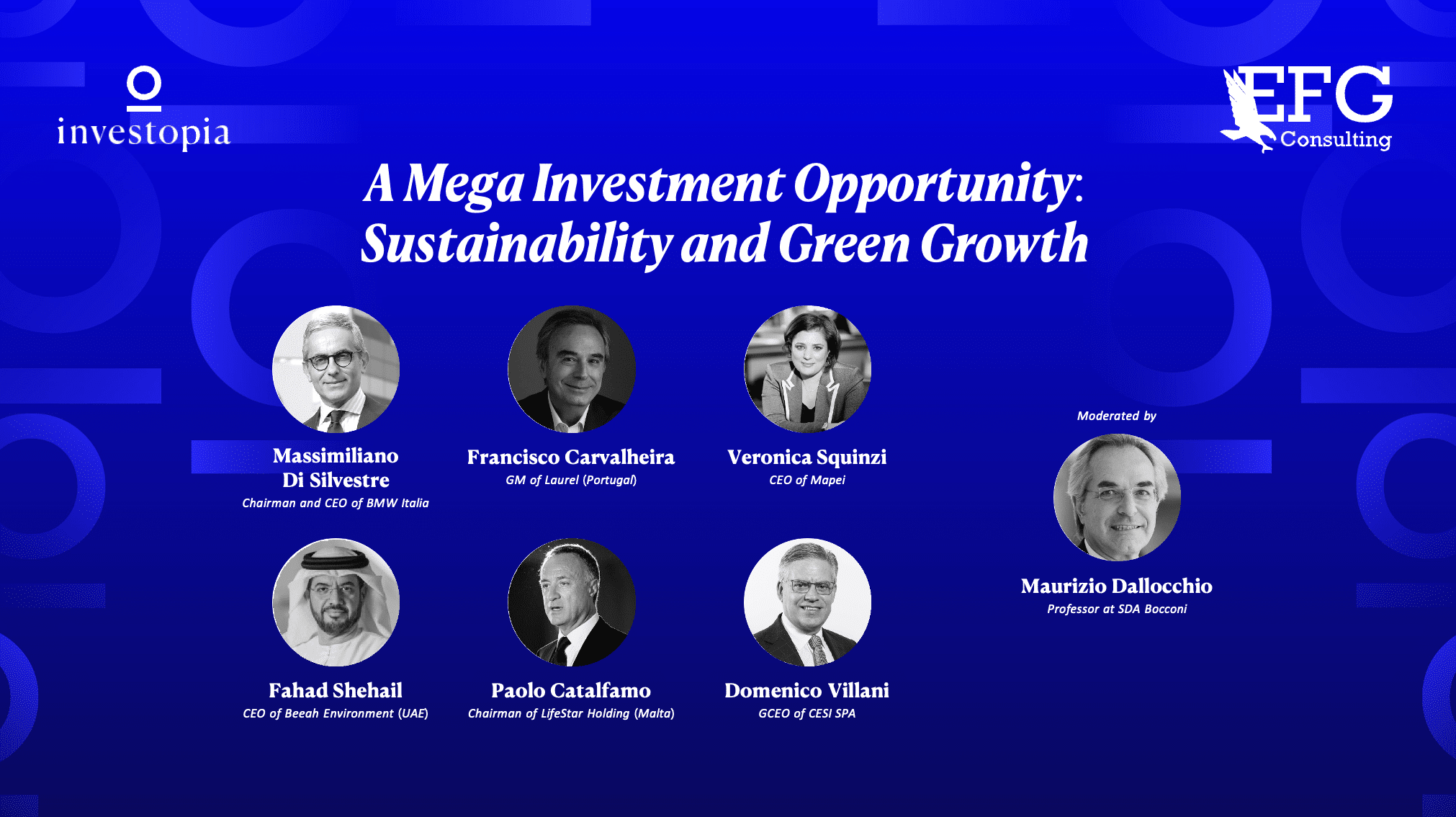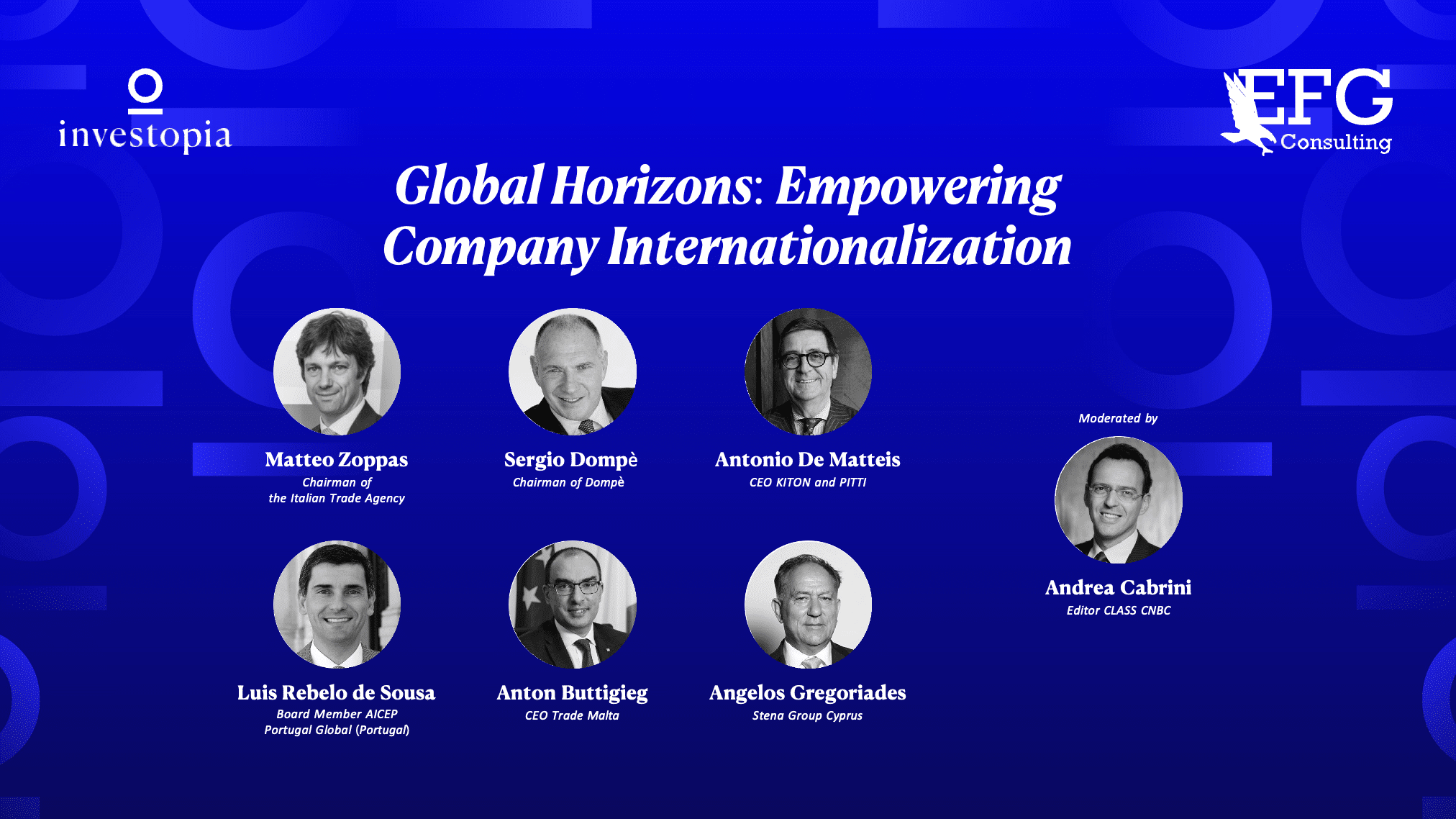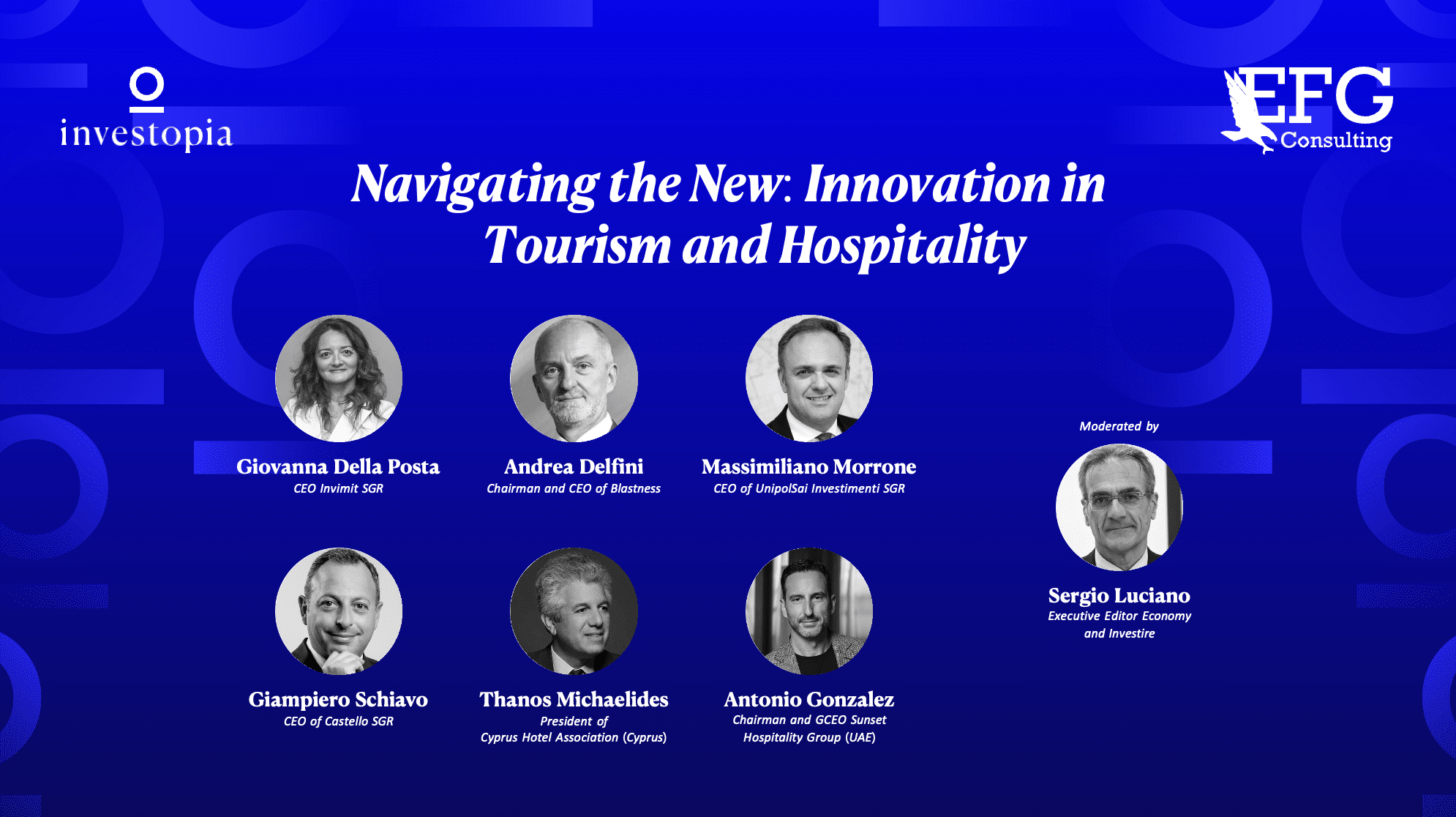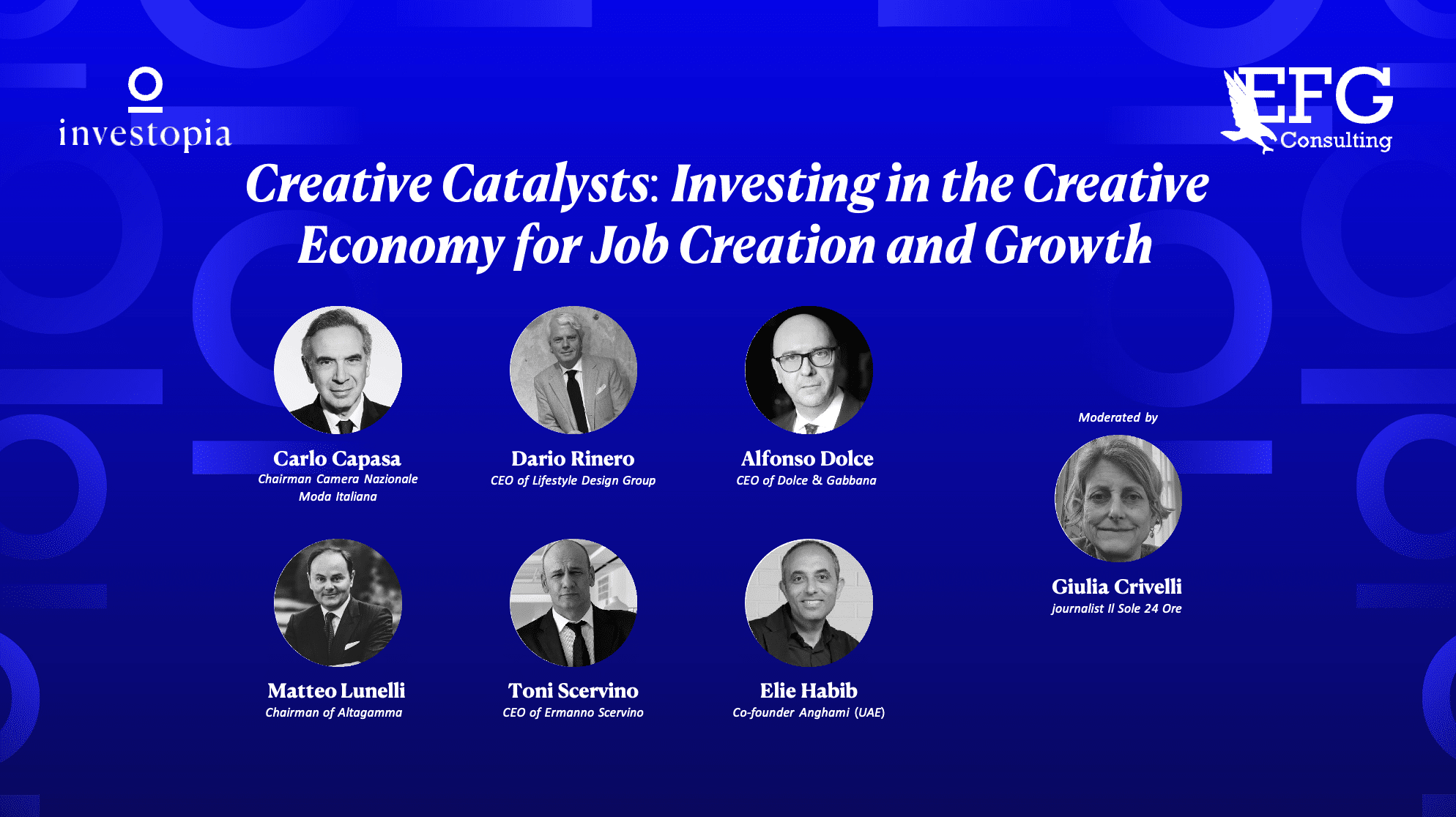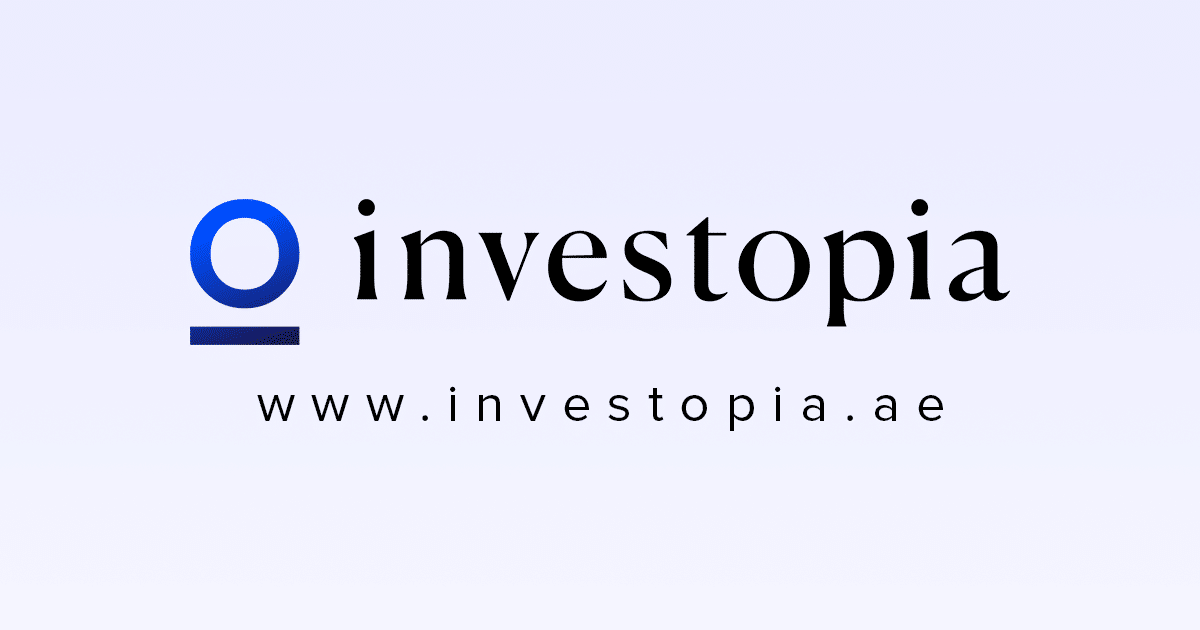Session Speakers:

Alvin Wang Graylin
President, Virtual Reality Venture Capital Alliance

Arne Peters
CSO, MetaverseME
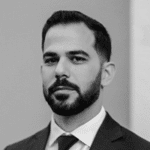
H. E. Gabriel Abed
Ambassador to the UAE, Barbados
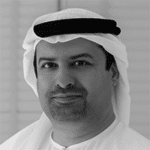
Marwan Al Zahrouni
CEO, Dubai Blockchain Centre

Noor Sweid
General Partner, Global Ventures
Share
Listen to this content
Key Takeaways
- There was consensus on the fact that the Metaverse has to be open and you need to have access through many entrances, and be able to represent yourself. It is not a walled-garden sort of place.
- China is leading the way in the Metaverse, with education being a major area of investment. There are 150M unschooled children in the world, and the Metaverse can be the solution to that problem.
- Nation states are seeing the Metaverse as a major gateway to trade and diplomacy. Barbados launched its first MV embassy.
- The NFT and Web3 hype is necessary to kickstart investment and adoption in the new technology.
- The Metaverse will become far more useful once AR/VR googles become lenses. The technology already exists and we are only a few years away from contact-lense Metaverse reality.
- The next emphasis by investors, states and stakeholders should be on building the Meta-X: Meta-schools, Meta-embassies, Meta-Museums, and so on.
Investopia’s Inaugural Summit in 2022 brought together some of the biggest names in the tech and investment world to discuss the emergence of the Metaverse (MV) and its potential to shape the future of digital goods and services, as well as become the new backbone of core business and customer applications. The panel consisted of Noor Sweid of Global Ventures, Marwan Alzarouni, CEO of Dubai Blockchain Center, Alvin Wang Graylin, China President at HTC, Gabriel Abed, the Ambassador of Barbados to the UAE, Arne Peters, Chief Strategy Officer of MetaverseMe, and was moderated by Dan Guenther, Managing Director & Global XR Lead at Accenture.
The MV has been described as more than the future of the internet and gaming, but a potential platform for reshaping digital goods and services. The panelists discussed the potential of the MV to become the new backbone of core business and customer applications, and how stakeholders and investors can turn the MV into an enterprise platform.
One of the key takeaways from the discussion was the consensus that the MV has to be open, accessible, and allow users to represent themselves. China is leading the way in the MV, with education being a major area of investment. The MV is also seen as a major gateway to trade and diplomacy by nation-states, with Barbados launching its first MV embassy.
The NFT and Web3 hype was seen as necessary to kickstart investment and adoption in the new technology. The MV will become far more useful once AR/VR googles become lenses, and this technology is only a few years away from becoming a reality.
The next emphasis by investors, states, and stakeholders should be on building the Meta-X: Meta-schools, Meta-embassies, Meta-museums, and so on. This will create new opportunities for investment and growth in the MV.
Arne Peters, Chief Strategy Officer of MetaverseMe, spoke about how his company is creating an avatar with NFTs and taking that to social media and into many Metaverses. He believes that entertainment will be a big part of the future and the MV is about creating new places and environments.
Alvin Wang Graylin of HTC discussed the company’s role as a platform provider for the MV, and how they see the industry moving from a 2D world to an immersive one in the next 3-5 years.
Gabriel Abed, the Ambassador of Barbados to the UAE, discussed how Barbados is leading the way into the MV and why it’s a big deal. He stated that commerce and trade will happen on the MV platform and that Barbados is looking to reach 190 countries in the world by offering a low-cost environment and efficient diplomatic relationships through its MV embassy in Abu Dhabi.
Finally, Noor Sweid of Global Ventures described the MV as “Instagram on steroids” and believes that people want to curate their digital identity just as they do on Instagram.
In conclusion, the panelists agreed that the MV has the potential to become the next big thing for investors, with opportunities for growth in entertainment, education, trade, diplomacy, and beyond. As the technology continues to evolve and the MV becomes more accessible, it is essential for investors to understand the potential of this new platform and take advantage of the opportunities it presents.



